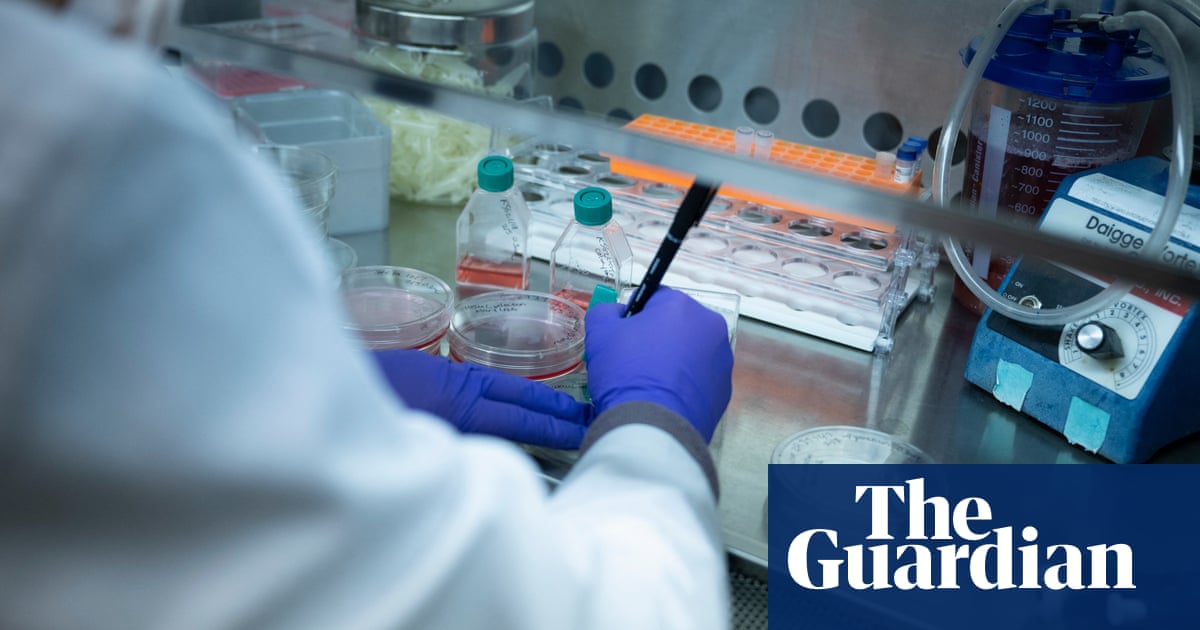Elon Musk’s unusual family, with a claimed 13th child now with four different mothers, has become the target for a handful of conservative family-values commentators online — raising the prospect of a tech-vs.-religious right rift in 2025’s powerful Republican coalition.
Dropping an as yet unverified Valentine’s Day bombshell, conservative influencer Ashley St. Clair claimed last Friday to be the mother of Elon Musk’s 13th child. Perhaps more surprising than her claim (which Musk hasn’t directly commented on), however, was the opprobrium it generated — not from Musk’s sworn enemies among Democrats, but from his newfound allies on the right.
“I strongly recommend having a baby daddy who lives in your house, so that you don’t have to tweet him,” wrote conservative author Bethany Mandel. Jon Root, a sports announcer and former Turning Point USA employee, wrote that the episode reflected how “[m]uch of conservatism is filled with godless hypocrites who couldn’t care less about conserving traditional family values.” And Matthew Schmitz, editor of Compact magazine, wrote that Musk represents “a genetic-determinist right” opposed to “a more culturist right that insists on the importance of marriage and monogamy.”
Schmitz gets straight to the heart of an uncomfortable tension within the new Trump coalition. Musk — who hopes to make humanity an interplanetary species, whose Neuralink aspires to integrate our brains with computers, who has employed assisted fertility technologies to father most of his children — represents a “transhumanist” strain of thought ascendent in Silicon Valley, one that sees humans and machines as equal and inevitably integrated, and in stark contrast to the religious vision that’s traditionally propped up Republican politics.
Politically, this highlights just how different the Trump 2.0 coalition looks from that which powered his first presidency. CEOs of Big Tech platforms, largely seen as Democratic-leaning during his first campaign and administration, lined up to support his inauguration this time. And in place of the traditional conservatism of former Vice President Mike Pence, there’s Vice President JD Vance, a former venture capitalist who has publicly defended Musk.
Now, the weird politics of a certain corner of Silicon Valley threaten to upend this fragile balance.
This first appeared in Digital Future Daily, POLITICO’s afternoon newsletter about how tech and power are shaping our world. Subscribe here.
Alexander Thomas, a researcher at the University of East London and author of “The Politics and Ethics of Transhumanism,” described Musk’s vision as similar to that of “longtermist” thinkers like Nick Bostrom, who popularized the concept of artificial “superintelligence”: that from a utilitarian perspective, it’s not just personally gratifying, but Musk’s duty to the human race to ensure that his superior genes perpetuate throughout human history.
“This means the 8 billion people alive today simply don't matter — genocide and wars are mere ripples, as long as some survive, and Musk is the one that needs to survive,” Thomas told DFD. “He's the one that needs to pass on the baton of civilization and create this superior future.”
On one hand, such a grandiose belief is a convenient rationalization for whatever radical endeavor — from Mars colonization to the possibly extrajudicial deconstruction of the administrative state — a mogul like Musk decides to take up during his lifespan.
But it’s also a sincerely held, growing belief in Silicon Valley that powers many of its most prominent thinkers — including Sam Altman of OpenAI, who has repeatedly boasted that his company is building a civilization-shifting “superintelligence” that can surpass human capability.
When it comes to Washington politics and the Republican Party, less important here are the internecine (and often deeply bizarre) arguments over the transhumanist future than how it differs from that imagined by the rest of the conservative coalition.
Compact’s Schmitz, previously an editor of the religious magazine First Things, called Musk’s ideology “quasi-eugenic” and accused his supporters of hypocrisy, writing on X: “According to this view, when Elon Musk impregnates woman after woman with no intention of giving the children a stable family, that’s an expression of his great genetics. But when a lower-class man does the exact same thing, it’s a patent sign of his bad genes.”
This tension runs deeper than people’s feelings about Musk. The same 2024 issue of The Lamp, the Catholic intellectual magazine where Vance recounted his conversion experience, featured one essay inveighing against all alteration of the human body from IVF to gender transition, and another more specifically critiquing IVF itself, which Leah Libresco Sargeant described as a “fairy tale” where the “cost is larger than they tell you up front.”
The biohacking, utilitarian, futuristic ethos of Musk and his Silicon Valley cadre hasn’t yet caused a rift with their socially conservative coalition partners.
That might be simply because reproductive rights haven’t yet been a salient policy issue in the second Trump administration, as it seems more preoccupied with ending wars in Gaza and Ukraine while prosecuting its own battle at home against the Washington bureaucracy.
But given Musk and his Department of Governmental Efficiency’s ever-expanding policy portfolio — and how foundational the religious right continues to be to Republican governance — it could be an unavoidable part of the administration’s future.

 German (DE)
German (DE)  English (US)
English (US)  Spanish (ES)
Spanish (ES)  French (FR)
French (FR)  Hindi (IN)
Hindi (IN)  Italian (IT)
Italian (IT)  Russian (RU)
Russian (RU) 























Comments